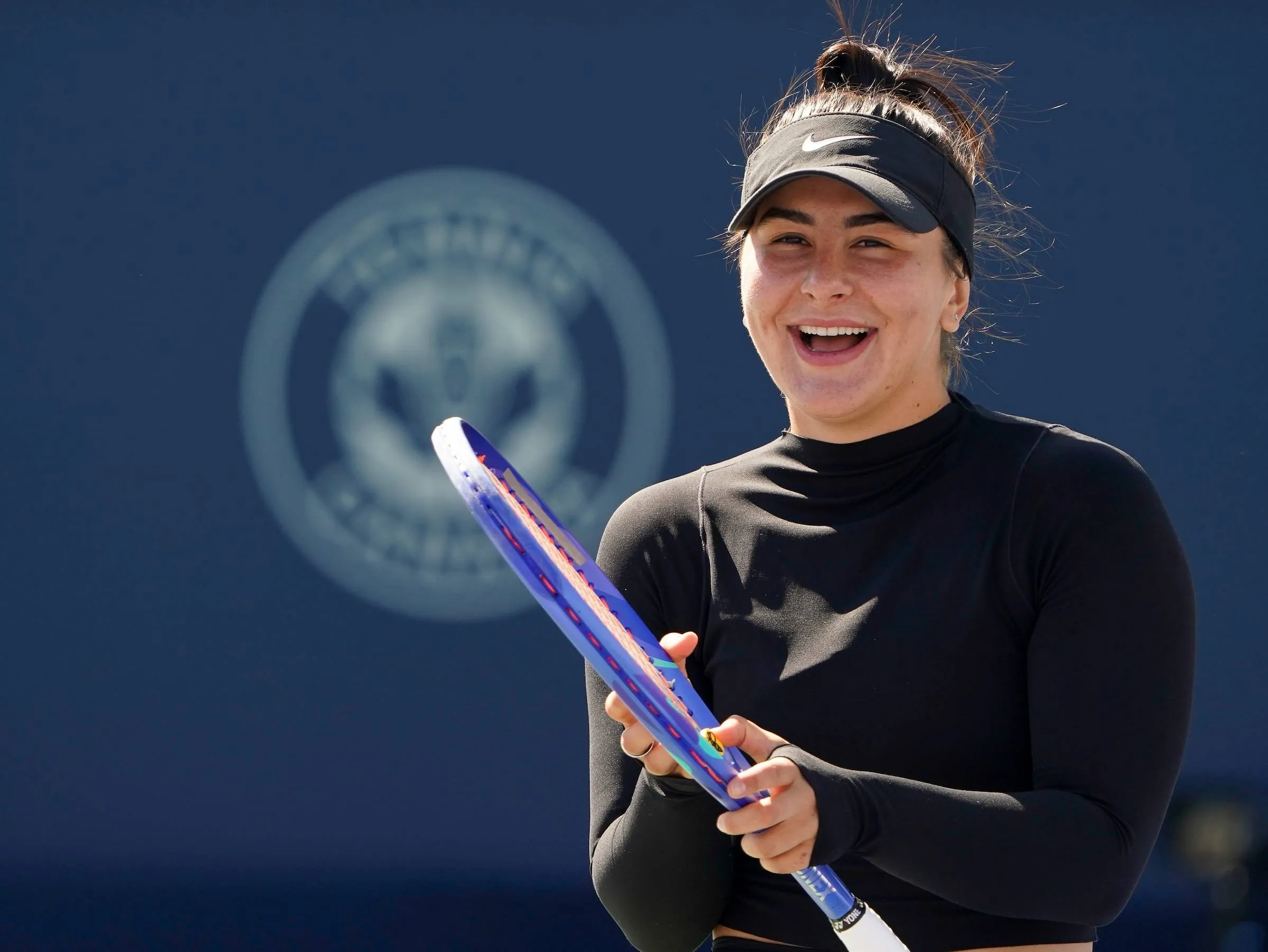WADA Appeals Sinner's Doping Case With Possible Two-Year Ban Looming
ATPSaturday, 28 September 2024 at 09:33

Jannik Sinner might have been allowed to compete, but his doping case is still ongoing. The World Anti-Doping Agency (WADA) has appealed the decision, seeking a one—to two-year ban.
Sinner tested positive for a banned substance, clostebol, earlier this year in March, which shocked the tennis world. He could provide a swift explanation as to how it happened, so the Italian was allowed to compete while an independent investigation was being conducted.
At the end of that investigation, Sinner was cleared of any wrongdoing by the International Tennis Integrity Agency (ITIA) because, ultimately, they found that he didn't do anything wrong.
He got a massage from his physio, Giacomo Naldi, and that's how the banned substance ended up in his body, as his physio has used it for his wound. Ultimately, everything ended well for Sinner because he was allowed to compete and cleared of any wrongdoing.
Still, the situation created a media storm when it became public, and many fans, analysts, and even active players wondered why the situation was kept private for months as the case unfolded in the background.
However, it still seemed like Sinner would be able to avoid any punishment. But first, the World Anti-Doping Agency had to review the case, and they are now officially appealing the ruling that Sinner didn't do anything wrong.
According to the appeal, WADA is accepting that Sinner was contaminated through a massage and didn't take the substance directly or knowingly. Still, they don't think he should be exempted from any punishment.
According to the agency's statement, they are challenging the no-fault ruling under the legal framework's rules and seeking one to two years of ineligibility to compete as punishment, appealing to the Court of Arbitration for Sport (CAS).
"The World Anti-Doping Agency (WADA) confirms that on Thursday 26 September, it lodged an appeal to the Court of Arbitration for Sport (CAS) in the case of Italian tennis player, Jannik Sinner, who was found by an independent tribunal of the International Tennis Integrity Agency (ITIA) to bear no fault or negligence having twice tested positive for clostebol, a prohibited substance, in March 2024."
Read also
"It is WADA’s view that the finding of “no fault or negligence” was not correct under the applicable rules. WADA is seeking a period of ineligibility of between one and two years."
"WADA is not seeking a disqualification of any results, save that which has already been imposed by the tribunal of first instance."
This is a major issue for Sinner. He just won the US Open, and he's number one on the ATP Tour, but his career might be stopped for over a year, depending on the ruling from the Court of Arbitration for Sport.
If the Italian player was exempted under rules that don't apply, then that exemption might be revoked. It's a very complicated and technical matter. It's certainly bad news for Sinner, who will now have to go through a few more anxious months.
Read also
Loading







